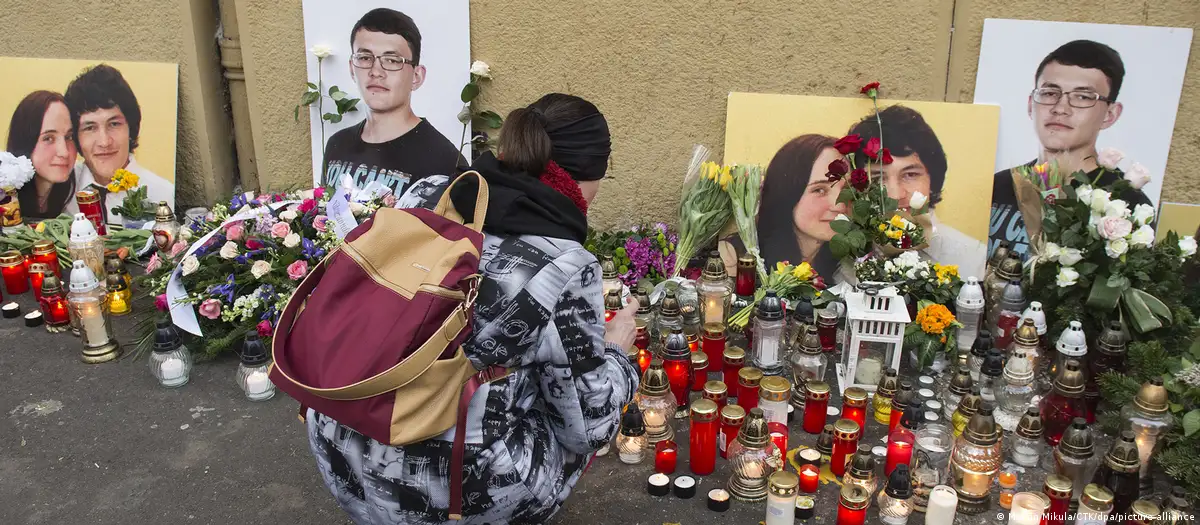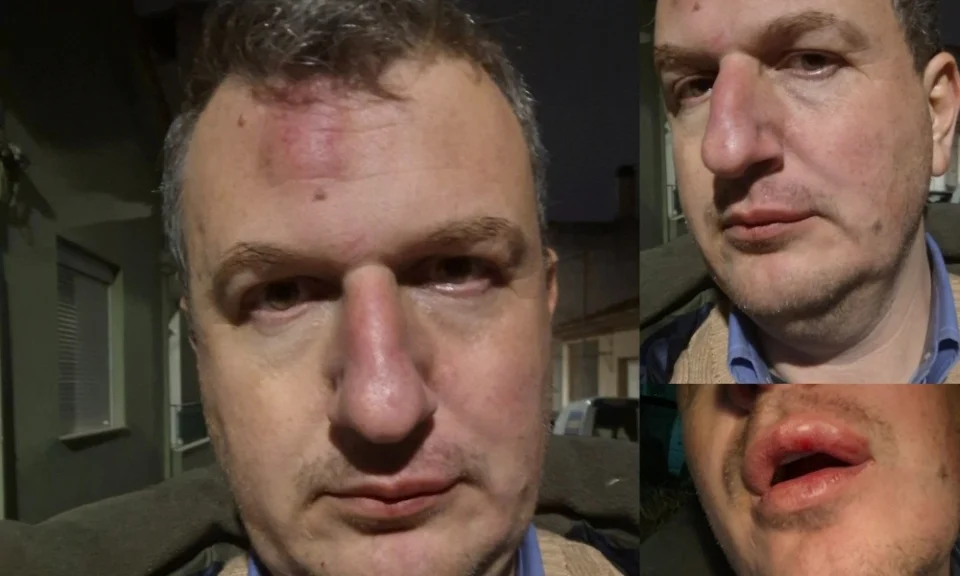
Journalists Under Fire as 2024 Becomes Deadliest Year on Record
December 18, 2024
IPI Demands Probe into Serbia’s Spyware Crackdown
December 18, 2024December 18, 2024 – Russia –
Former Russian president Dmitry Medvedev, now serving as deputy chair of Russia’s Security Council, triggered international condemnation after threatening senior staff at The Times newspaper. The warning came in response to an editorial that described the killing of Russian General Igor Kirillov in Ukraine as a legitimate act of defense. Medvedev accused the paper’s editors of justifying terrorism and declared them “legitimate military targets” in a post shared on his Telegram account. The remarks quickly drew comparisons to mafia-style threats, prompting immediate backlash from UK officials and press freedom advocates.
UK Foreign Secretary David Lammy denounced the statement as a “gangster threat,” calling it evidence of the Kremlin’s desperation in the face of mounting international criticism. A spokesperson for Prime Minister Rishi Sunak emphasized that the UK government would not tolerate intimidation of journalists and reaffirmed its commitment to press freedom. The statement stressed that journalists must be able to operate without fear of reprisal, especially when reporting on conflicts or controversial political issues.
The Times responded by standing by its editorial, which had analyzed the implications of Kirillov’s death, and called Medvedev’s comments a direct attack on press freedom. Medvedev, who once projected a more moderate image during his presidency, has increasingly embraced hardline rhetoric since Russia’s full-scale invasion of Ukraine. His Telegram channel has become a hub for nationalistic messaging and threats against perceived Western adversaries.
Press freedom organizations, including Reporters Without Borders and the Committee to Protect Journalists, expressed deep concern over the statement, warning that such language sets a dangerous precedent for authoritarian targeting of the press. The UK’s National Union of Journalists also condemned the threats and called for coordinated international responses to protect media personnel from state-sponsored intimidation.
This episode marks a troubling escalation in the Kremlin’s verbal assaults on foreign journalists. As Russia continues to suppress independent media at home, its officials are now extending their threats across borders. The UK government has vowed to defend its press corps against foreign intimidation, reinforcing the principle that journalism cannot be silenced by authoritarian threats or diplomatic coercion.




